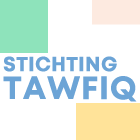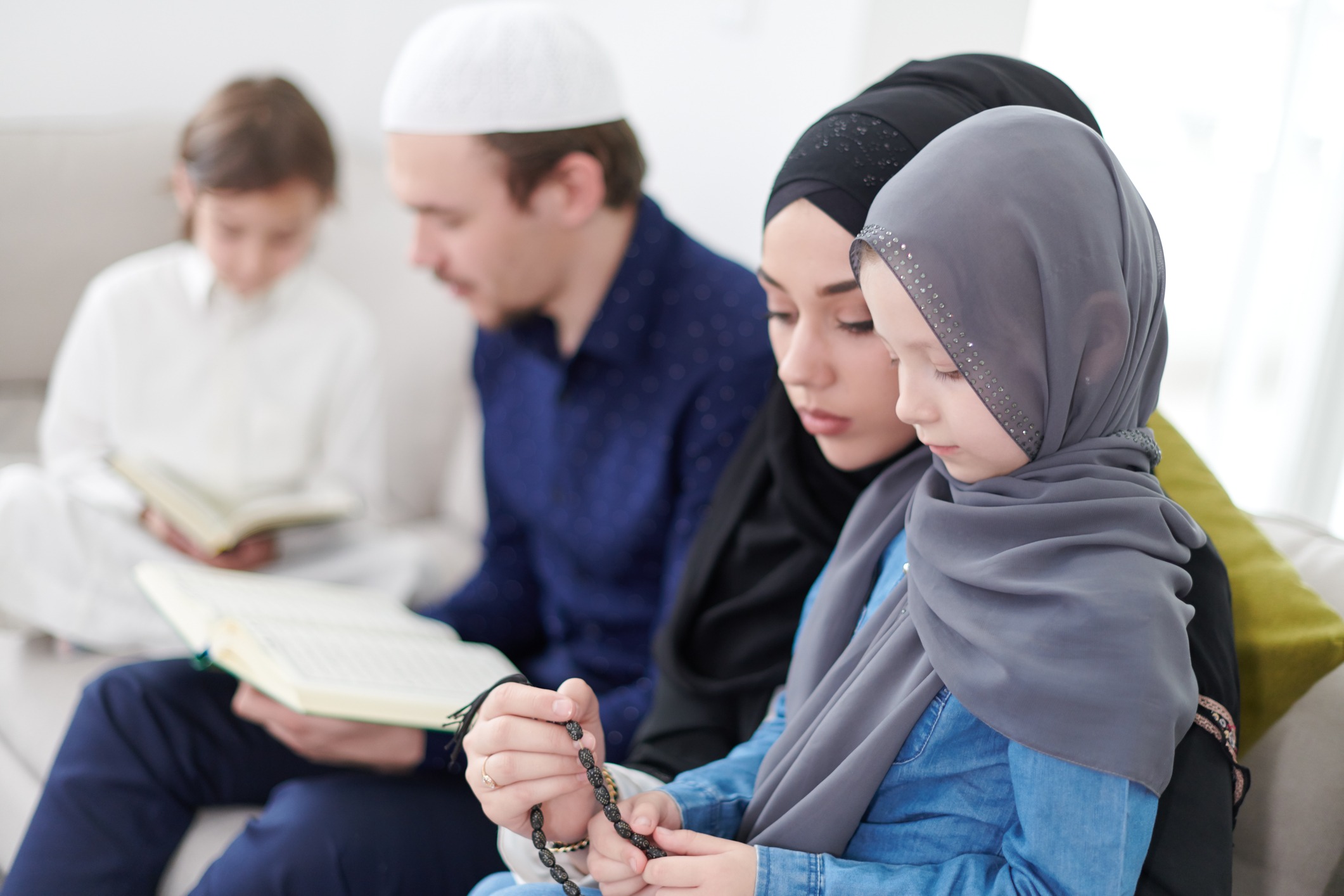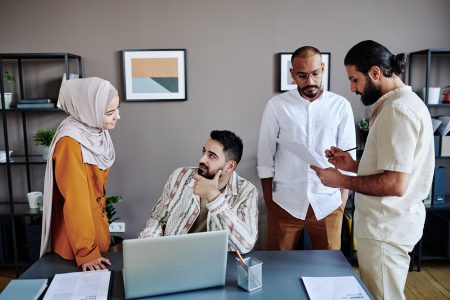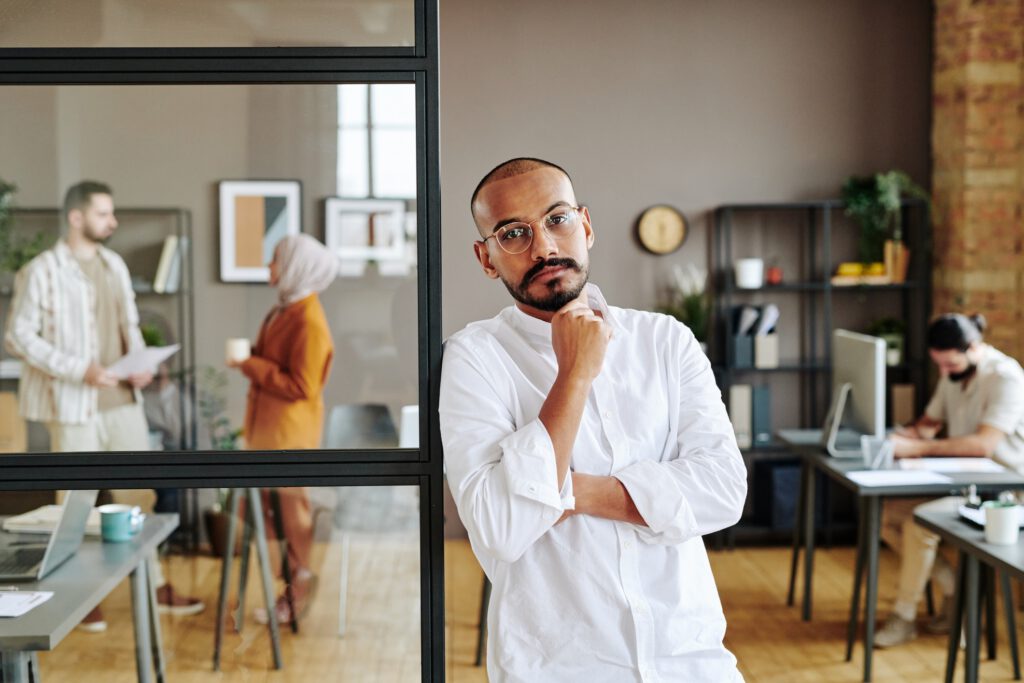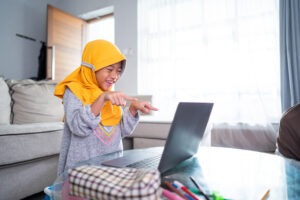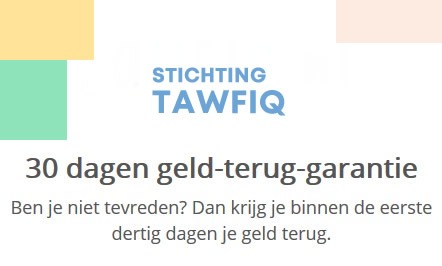-
Islamic knowledge, education and training
- How can parents teach their children Islamic values?
- What are the benefits of raising children with Islamic values?
- How can parents help their children find a balance between Islamic values and modern norms?
- What are the different ways parents can help their children interact respectfully with other cultures?
- How can teaching Islamic values contribute to honesty, responsibility and tolerance among young people?
“Islamic values are the key to a loving upbringing of children.”
Islamic values play an important role in children's education. These values are based on the Quran and Sunnah, which means they are seen as a way to teach children to be respectful, responsible and tolerant. These values can also help develop qualities such as discipline, integrity and empathy. Through Islamic values, parents can help their children become good citizens who contribute to their communities. In this article we will delve deeper into how Islamic values can be applied in the daily lives of children and how they can help them in the development process.
How can parents teach their children Islamic values?
Parents can teach their children Islamic values by example. By following Islamic values themselves, parents can show their children how to put those values into practice. Parents can also talk to their children about Islamic values and help them understand them better. For example, they can tell stories about Prophet Muhammad (pbuh) and other narrative figures from the Qur'an to help them easily understand what is meant by 'good' behavior. It can also be helpful to address conspiracy theories or other misinformation about Islam by engaging in open discussions with your children. Finally, it can be useful to take your children to religious lessons or activity groups, such as Koran lessons or mosque visits, to bring them into more contact with other believers and thus help them build up more familiarity with the faith.
What are the benefits of raising children with Islamic values?
Raising children with Islamic values has many benefits. First, children learn to be respectful of others, regardless of their background or beliefs. They also learn to take responsibility for their actions and to speak the truth. In addition, a lot of emphasis is placed on the importance of family ties and the responsibility that comes with them. Children also learn to show tolerance towards other cultures and religions, which helps them develop an open mind. In addition, Muslim households often place a high value on good manners, meaning that children will be respectful of adults and each other.
How can parents help their children find a balance between Islamic values and modern norms?
Parents can help their children find a balance between Islamic values and modern norms by supporting them in exploring the different aspects of both. They should encourage their children to educate themselves about Islamic values and norms as well as modern ideas. Parents can also encourage open communication with their children so they can talk freely about what they are thinking and feeling. In addition, honesty should be encouraged so that children learn that it is okay to make mistakes and that they can always turn to their parents for advice or support. Parents must also show respect for the choices their child makes when it comes to finding a balance between Islamic values and modern norms.
What are the different ways parents can help their children interact respectfully with other cultures?
There are several ways parents can help their children interact respectfully with other cultures. First, parents can teach their children about different cultures through books, films and documentaries. They can also take their children to events organized by other cultures, such as festivals or religious ceremonies. In addition, it is important that parents are open to discussions with their children about different cultural backgrounds and discuss these in a positive context. It is also important that parents teach their children how to treat other people with respect, regardless of their culture. Finally, it can be helpful for parents to maintain friendly contacts with people from other cultures so that their children have the opportunity to learn from and understand them better.
How can teaching Islamic values contribute to honesty, responsibility and tolerance among young people?
Islamic values can help young people to be honest, responsible and tolerant. By teaching these values, young people can learn to treat others with respect, take their responsibilities seriously and express their own opinions. For example, by teaching Islamic values such as 'ikhsan' (goodness) and 'adl' (righteousness), young people can learn how to be fair in their relationships with others. It is also taught that you should always take the feelings of others into account and that you should be respectful of different cultures, religions or beliefs. Furthermore, teaching Islamic values also teaches about responsibility; for example, through the principles of 'amana' (confidence) and 'haya' (timidity). This teaches you that you must always be reliable in what you do and that you must always take into account the consequences that arise from it. Finally, teaching Islamic values can also contribute to tolerance; Islam teaches that every person is loved by God, regardless of origin or religion. So if young people are informed about this, they can show more understanding for people who think differently than themselves. The role of Islamic values in the education of children is important to lay a good foundation for their future. By learning these values, children can develop into responsible, respectful and motivated adults. These values also help create a harmonious relationship between parents and children, which is essential for a healthy upbringing.
